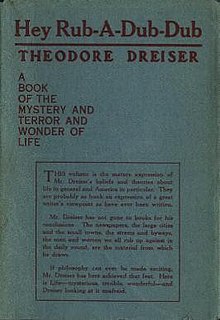
James Branch Cabell was an American author of fantasy fiction and belles-lettres. Cabell was well-regarded by his contemporaries, including H. L. Mencken, Edmund Wilson, and Sinclair Lewis. His works were considered escapist and fit well in the culture of the 1920s, when they were most popular. For Cabell, veracity was "the one unpardonable sin, not merely against art, but against human welfare."

Theodore Herman Albert Dreiser was an American novelist and journalist of the naturalist school. His novels often featured main characters who succeeded at their objectives despite a lack of a firm moral code, and literary situations that more closely resemble studies of nature than tales of choice and agency. Dreiser's best known novels include Sister Carrie (1900) and An American Tragedy (1925).

Henry Louis Mencken was an American journalist, essayist, satirist, cultural critic, and scholar of American English. He commented widely on the social scene, literature, music, prominent politicians, and contemporary movements. His satirical reporting on the Scopes Trial, which he dubbed the "Monkey Trial", also gained him attention. The term "Menckenian" has entered multiple dictionaries to describe anything of or pertaining to Mencken, including his combative rhetorical and prose style.
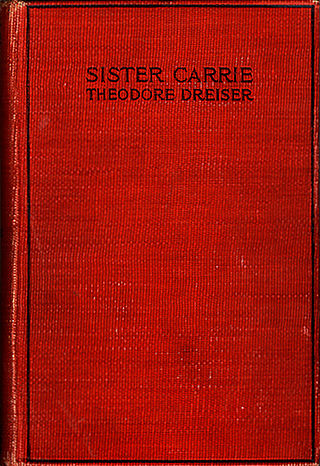
Sister Carrie (1900) is a novel by Theodore Dreiser (1871-1945) about a young woman who moves to the big city where she starts realizing her own American Dream. She first becomes a mistress to men that she perceives as superior, but later becomes a famous actress. It has been called the "greatest of all American urban novels".
Naturalism is a literary movement beginning in the late nineteenth century, similar to literary realism in its rejection of Romanticism, but distinct in its embrace of determinism, detachment, scientific objectivism, and social commentary. Literary naturalism emphasizes observation and the scientific method in the fictional portrayal of reality. Naturalism includes detachment, in which the author maintains an impersonal tone and disinterested point of view; determinism, which is defined as the opposite of free will, in which a character's fate has been decided, even predetermined, by impersonal forces of nature beyond human control; and a sense that the universe itself is indifferent to human life. The novel would be an experiment where the author could discover and analyze the forces, or scientific laws, that influenced behavior, and these included emotion, heredity, and environment. The movement largely traces to the theories of French author Émile Zola.
A Book of Prefaces is H. L. Mencken's 1917 collection of essays criticizing American culture, authors, and movements. Mencken described the work as "[My] most important book in its effects upon my professional career." In fact, the book was considered vitriolic enough that Mencken's close friend Alfred Knopf was concerned about publishing it because of the massive increase in patriotism during World War I in America.
In Defense of Women is H. L. Mencken's 1918 book on women and the relationship between the sexes. Some laud the book as progressive while others brand it as reactionary. While Mencken did not champion women's rights, he described women as wiser in many novel and observable ways, while demeaning average men.

The Smart Set was a monthly American literary magazine, founded by Colonel William d'Alton Mann and published from March 1900 to June 1930. Its headquarters was in New York City. During its Jazz Age heyday under the editorship of H. L. Mencken and George Jean Nathan, The Smart Set offered many up-and-coming authors their start and gave them access to a relatively large audience.
The American Spectator was a monthly literary magazine which made its first monthly appearance in November 1932. It was edited by George Jean Nathan, though Eugene O'Neill, Ernest Boyd, Theodore Dreiser, and James Branch Cabell were also listed as joint editors. The original editors left the publication in 1935, after which the paper continued monthly publication under new editors until October 1936. The American Spectator lasted another six months on a bimonthly before folding altogether.
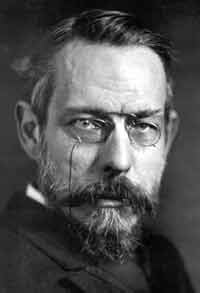
James Brander Matthews was an American academic, writer and literary critic. He was the first full-time professor of dramatic literature at Columbia University in New York and played a significant role in establishing theater as a subject worthy of formal study by academics. His interests ranged from Shakespeare, Molière, and Ibsen to French boulevard comedies, folk theater, and the new realism of his own time.
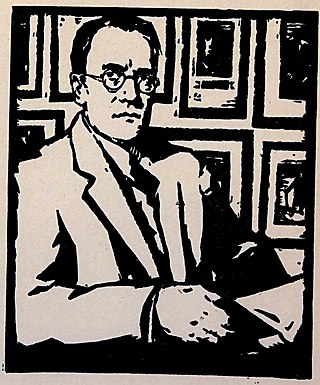
Stuart Pratt Sherman (1881–1926) was an American literary critic, educator and journalist known for his philosophical "feud" with H. L. Mencken. The two men were very close in age, and their career paths have sometimes been compared, but Mencken outlived Sherman by three decades.

Jennie Gerhardt is a 1911 novel by Theodore Dreiser.

Chains: Lesser Novels and Stories is a collection of short stories by Theodore Dreiser, first published in 1927.
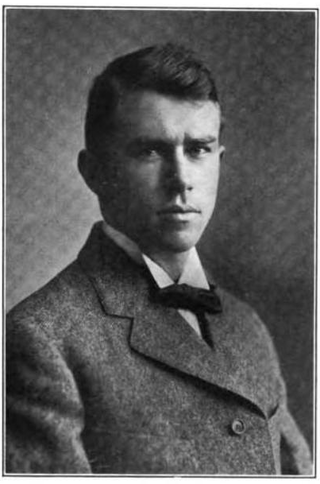
Harris Merton Lyon (1882–1916) was an American short story writer.

An Amateur Laborer is an autobiographical book by Theodore Dreiser.

The "Genius" is a semi-autobiographical novel by Theodore Dreiser, first published in 1915. The story concerns Eugene Witla, a talented painter of strong sexual desires who grapples with his commitment to his art and the force of his erotic needs. The book sold 8,000 copies in the months immediately following publication but encountered legal difficulties when it was declared potentially obscene. Dreiser's publisher was nervous about continuing publication and recalled the book from bookstores, and the novel did not receive broad distribution until 1923. When The "Genius" was reissued by a different publisher, the firm of Horace Liveright, it immediately sold more than 40,000 copies.
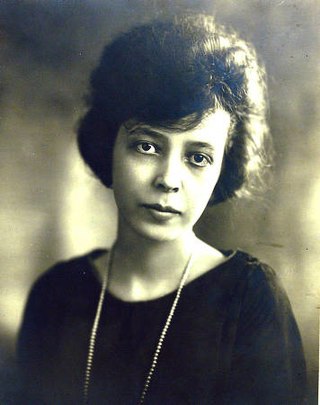
Sara Powell Haardt was an American author and professor of English literature. Though she died at the age of 37 of meningitis, she produced a considerable body of work including newspaper reviews, articles, essays, a novel The Making of a Lady, several screenplays and over 50 short stories. She is central to John Barton Wolgamot's notorious book-length poem, In Sara Mencken, Christ and Beethoven there were men and women (1944), recorded by the composer Robert Ashley.

Jennie Gerhardt is a 1933 American pre-Code drama film directed by Marion Gering for Paramount Pictures. It stars Sylvia Sidney, Mary Astor, and Edward Arnold. The film is based on the 1911 novel Jennie Gerhardt by Theodore Dreiser.
Patrick Kearney was an American playwright.

Clare Kummer was an American composer, lyricist, and playwright.
